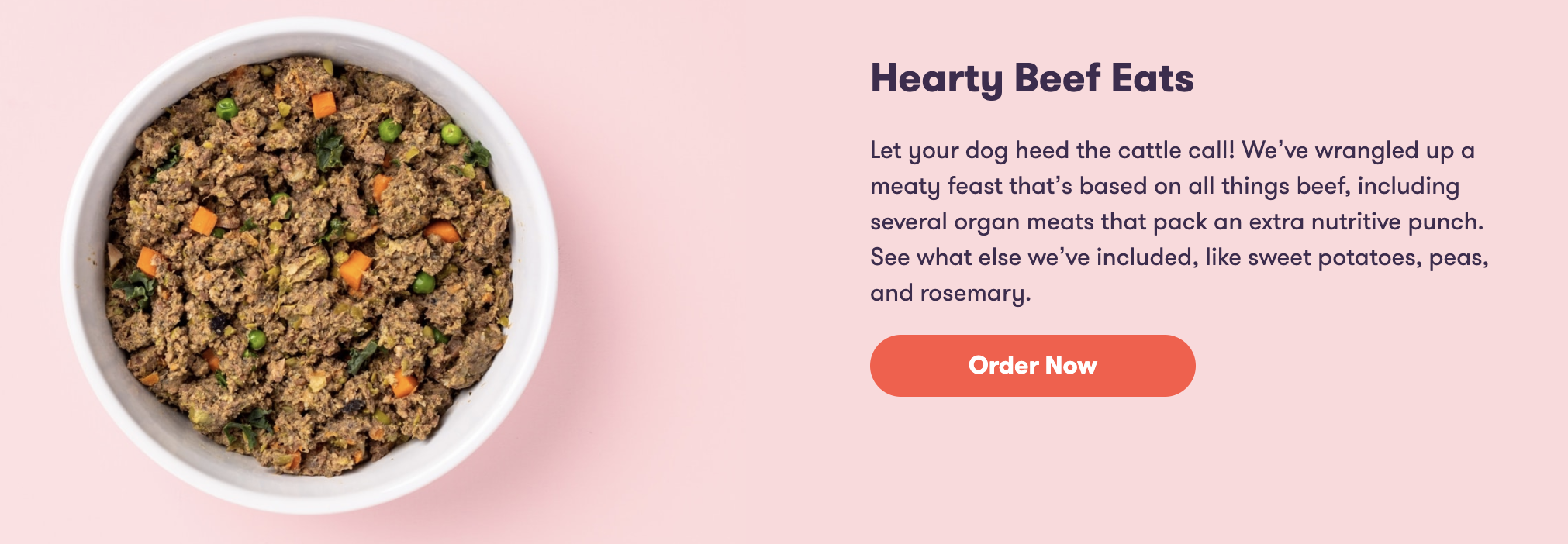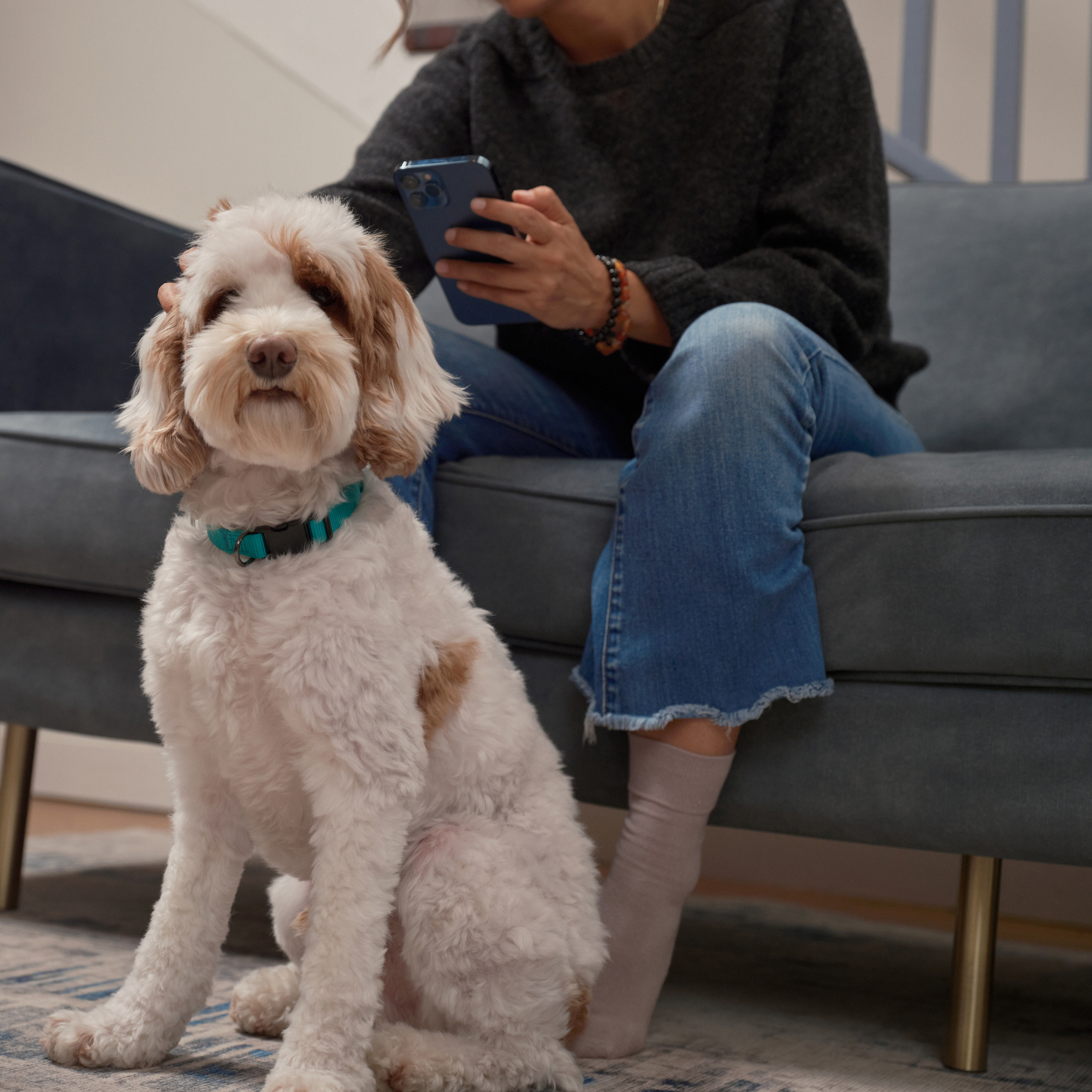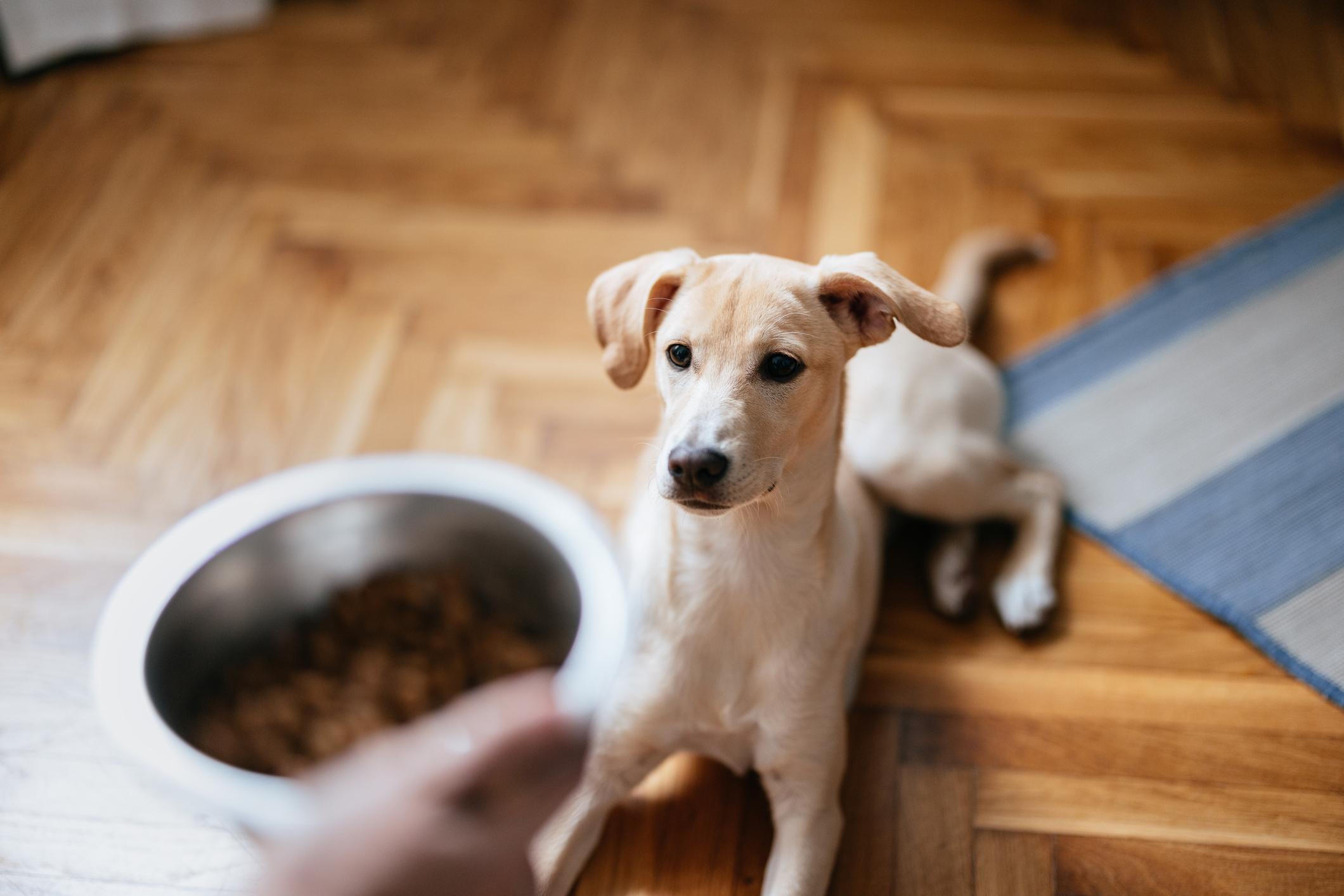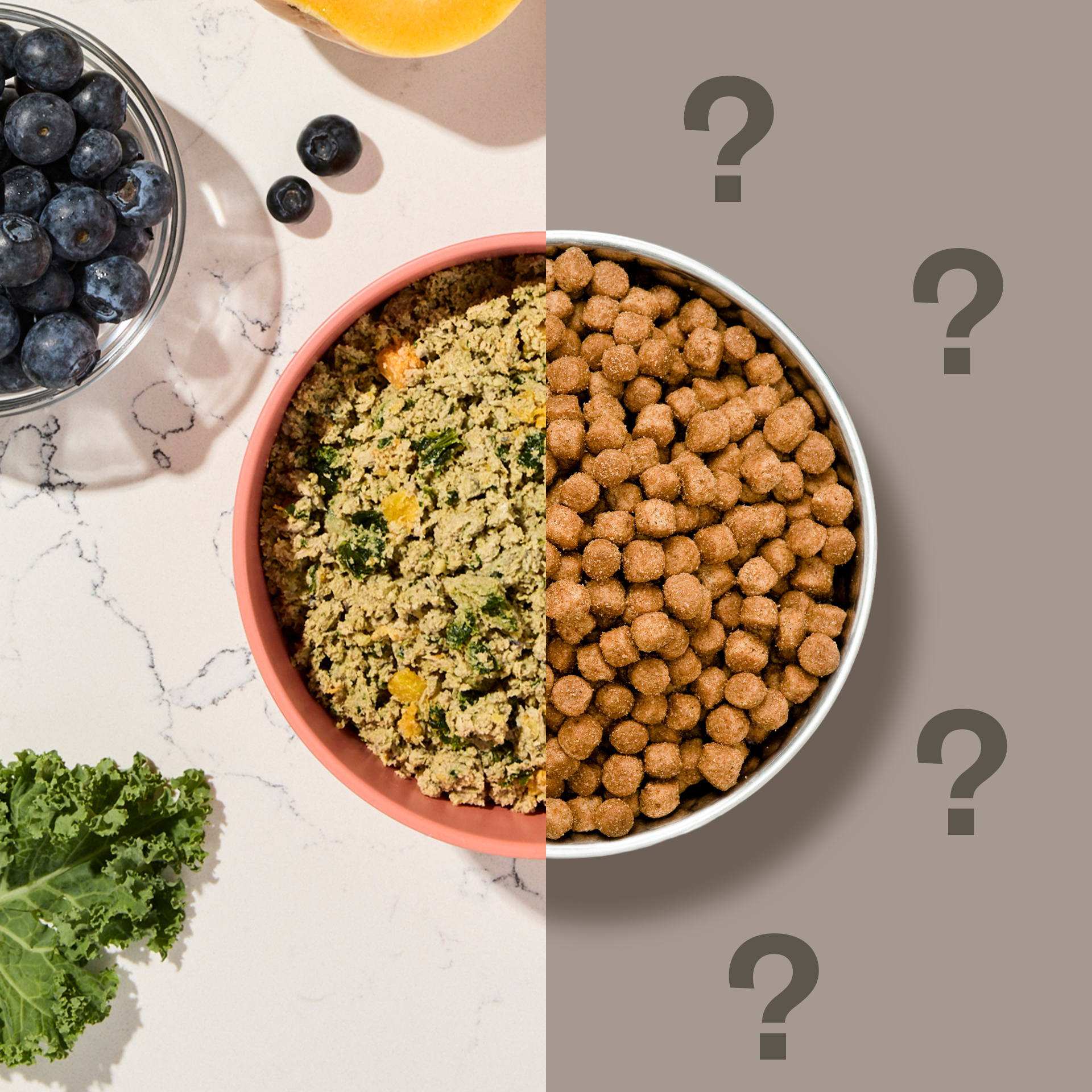Hey Ollie blog readers! We’re offering you an exclusive 60% OFF your starter box! Try now!
There is a lot of debate about aromatherapy and using essential oils as a treatment option for dogs. Some experts claim that certain oils like lemongrass can be used to keep pests away from our pups or that you can use chamomile to fight off worms. Another oil that is commonly used for dogs (and people) to help them relax is lavender. You can find lavender oil on bandannas or even beds or toys made for pups. You might be wondering about peppermint oil. Can you share this one with your dog? Or better yet should you? We looked at the benefits and risks.
There is some controversy around using peppermint (and many other) essential oils for dogs
While you’re probably looking for a cut and dry yes or no answer, it, unfortunately, isn’t that simple. One of the reasons for this is that essential oils are extremely concentrated. “The oils are so concentrated that it may take thousands of pounds of plant material to produce just 16 ounces of quality oil.” Says Dr. Jodie Gruenstern This can make them more powerful than the ingredients they are made from.
As we know, our pups have much stronger senses of smell then we do. This means that an oil that smells strong to you might be too strong for your dog. This can be overwhelming or irritating for your dog!
For oils that are used topically, they should be blended with another oil called a carrier oil. These milder oils like coconut oil should be safe for your pup and dilute the strength of the essential oil. Oils used orally and topically can be irritating if they are not diluted. You don’t want your pup to get sick or suffer from skin burns that can happen when using pure essential oil.

Can Dogs Have Peppermint Oil?
4 Potential benefits of using peppermint oil for dogs
If you heed the cautions listed above and have consulted with your vet, you might decide to try using peppermint oil for your dog. According to Dr. Gruenstern in an article for Dogs Naturally Peppermint oil can be used either topically or orally and:
1. Can be used for allergy relief
If your pet suffers from allergies, adding peppermint oil to your arsenal of allergy fighters, including honey may help lessen the effects on your dog.
2. Is antiseptic
Another benefit of this essential oil is its antiseptic properties. Consult your vet to discuss before you use it on an open cut or wound.
3. Is analgesic
If your pet has some mild muscle pain, peppermint can be an effective ingredient in a muscle rub or salve that is applied topically. Again, discuss this use with your vet before you try it at home.
4. Aids in digestion
Diluted peppermint oil can be used along with ginger to help soothe your pet’s upset stomach. Whole Dog Journal recommends pet parents “Mix one tablespoon vegetable oil, seven drops ginger, and eight drops peppermint; give three drops orally.”
If you’re really into essential oils and want to incorporate them into your pup’s care, use caution and choose oils that are deemed safe for dogs. Remember that your dog’s sense of smell is a lot more powerful then yours is, and less is more so you don’t accidentally overwhelm your dog. Consider lavender, chamomile, cedarwood, cardamom and spearmint as these are all safe for your pup.
When choosing oils, find a reputable brand of therapeutic grade oils. Follow any instructions on the label. If the instructions are for human use, consult a veterinarian to ensure you are using the oils in a way that is safe for your dog.
Another important note is that many of these oils are safe for short term use in dogs. This means that you can use the oil for a week or so and then remember to give your dog a break. You might want to give your dog 1-2 weeks off from using essential oil on or near them. If you are diffusing essential oils in your home it is recommended that you keep your dog away from the diffuser and take regular breaks to keep your dog healthy. You should even take breaks from oil like lavender which is generally safe for your pup.
While there is controversy around using peppermint and other essential oils, you can certainly consult with your vet and try adding them to your pet care arsenal. Continue to monitor your pet for any adverse reactions and adjust accordingly. If you find that an oil that works well, that’s great. If you don’t talk to your vet about other treatment options based on your pup’s needs.
The Ollie blog is devoted to helping pet parents lead healthier lives with their pups. If you want to learn more about our fresh, human-grade food, check out MyOllie.com.
Tagged As:

The nutrition your dog needs,
the food they want.

Enjoying our articles? Subscribe our Newsletters and get new articles directly to your inbox
You might also like
18 August 2025
9 MINS READ
Nourish Skin from Within: Fresh Dog Diet Benefits
If your dog is constantly scratching, licking their paws, or has a dull, flaky coat, it’s not just frustrating—it could be a sign that something’s off in their diet. Skin and coat issues are som…
by Ollie Pets
12 August 2025
5 MINS READ
Top 8 Allergens Hiding in Your Dog’s Bowl
As pup parents, we never want to see our dogs uncomfortable. When it comes to itching, swelling, and upset stomachs, the culprit may be in their bowl. Understanding the most common allergens and t…
by Ollie Pets
11 August 2025
5 MINS READ
Not all Processing Is Equal: What’s Really in Your Pet’s Bowl?
As pet parents, we know how important it is that our dogs live long, healthy, and happy lives. This is why at Ollie, we focus so much on what goes into their bowls. But did you know there may be s…








